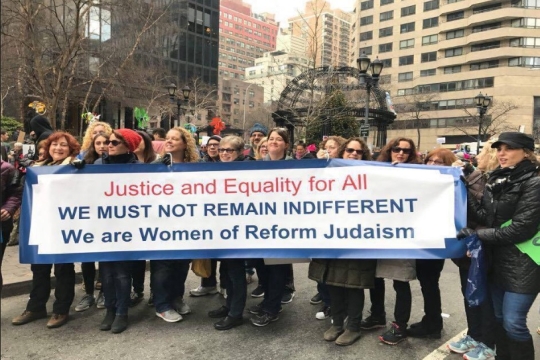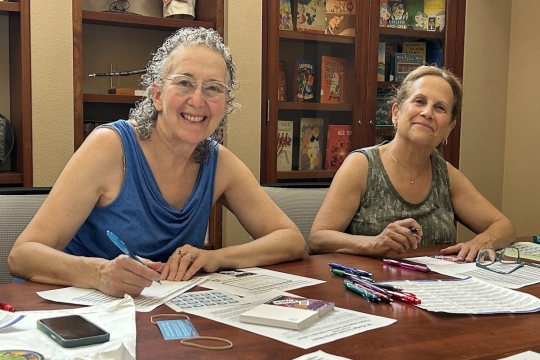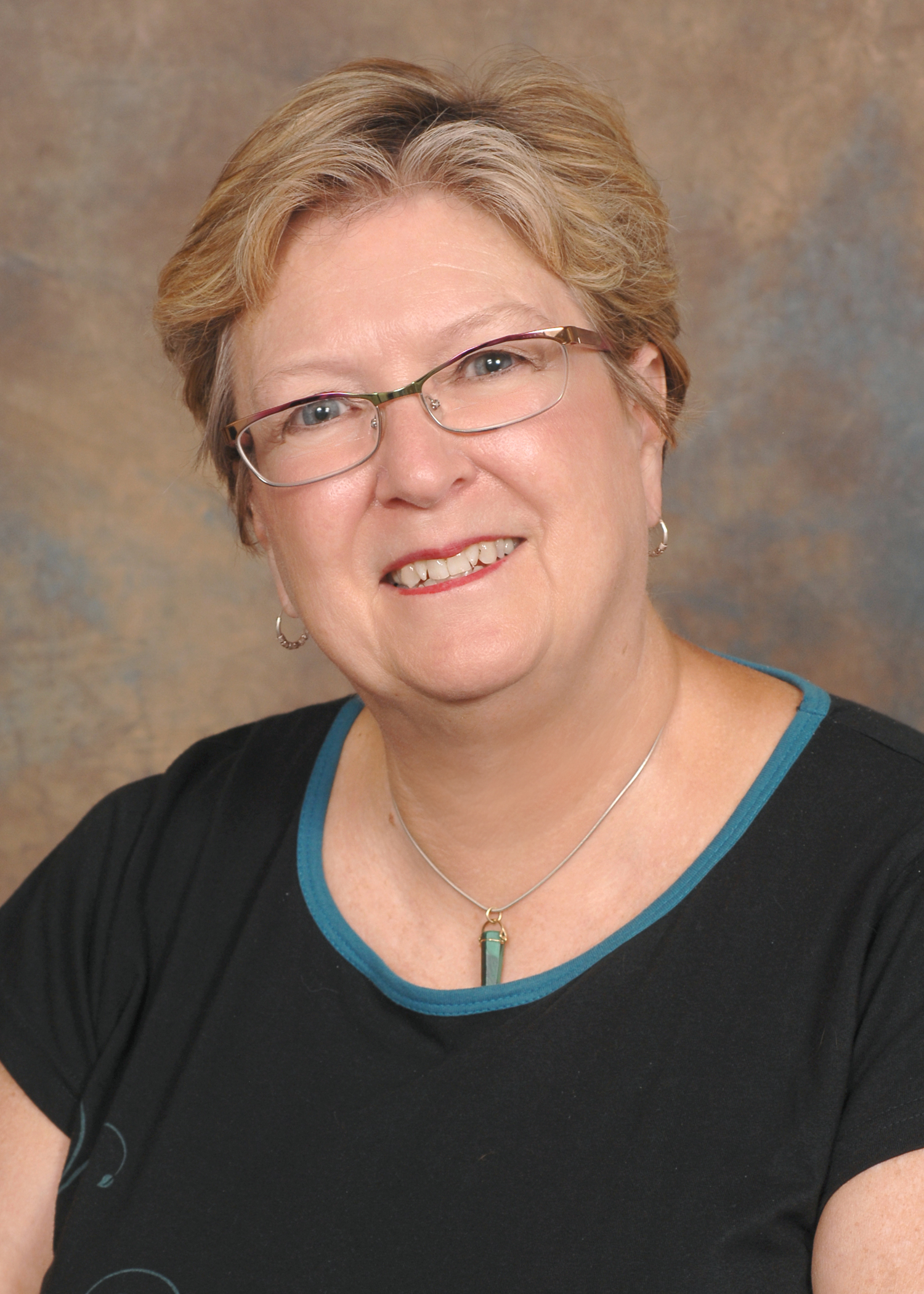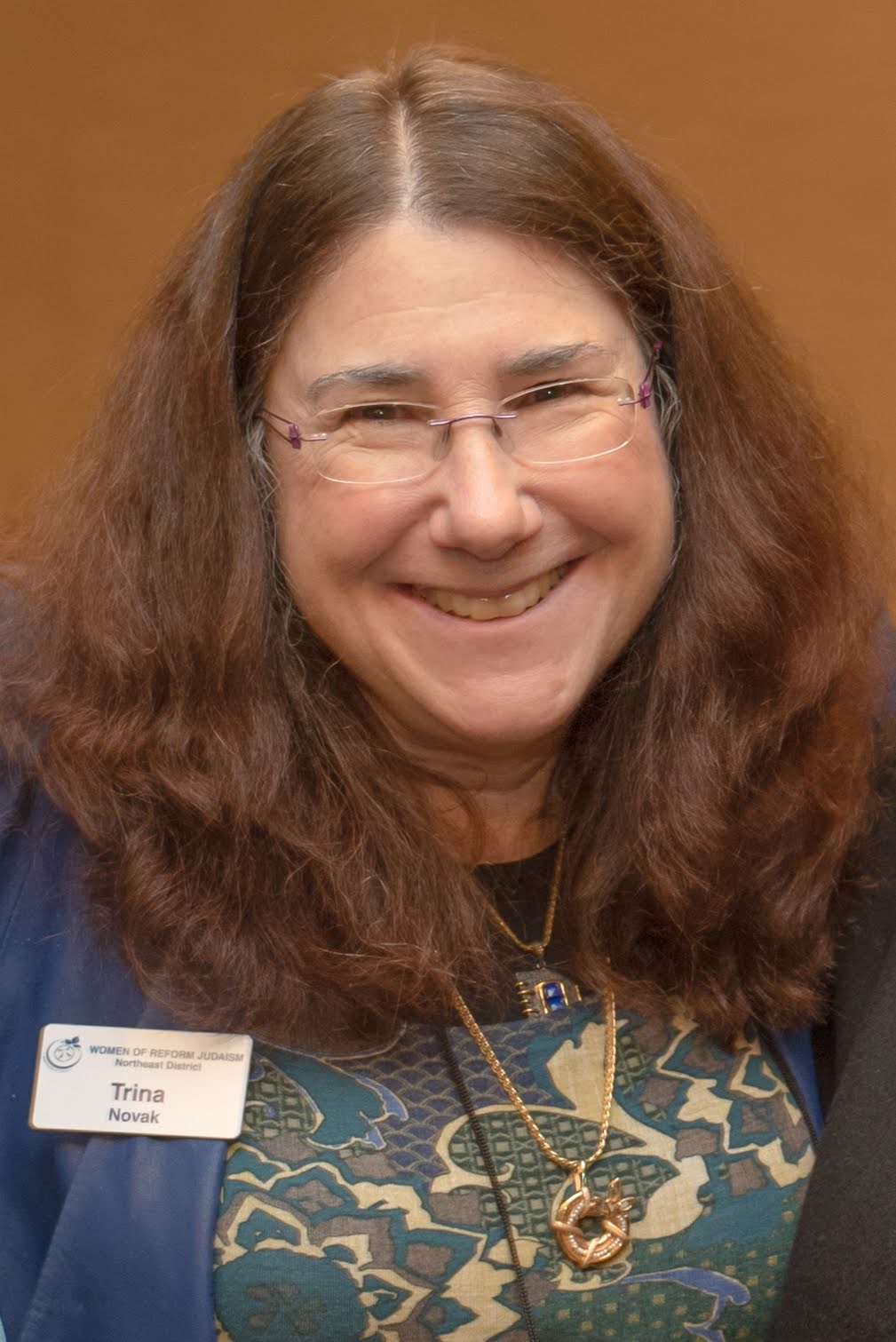
Are you interested in advocacy but uncertain how to proceed? Are you overwhelmed by the number and frequency of advocacy requests? Do you feel like you do not have enough time or can’t afford to be involved?
Many women have these concerns. The new Education to Action Committee (E2A) of WRJ is designed to help you. This committee, led by WRJ Vice President Shoshana Dweck and co-chaired by board members Trina Novak and Trish Joseph, will build on WRJ’s long history of social action, social justice, advocacy, and related educational activities. This committee is in the beginning stages with the goals of helping to organize WRJ North America’s social action and advocacy efforts, educate members on WRJ involvement in advocacy work, identify advocacy opportunities, assist members to develop an approach to advocacy and bring together our District leaders to work together to serve our members and raise our collective and individual voices.
Selecting advocacy projects may feel like a daunting task; there are so many important issues from which to choose. Here are some things to consider when getting started. First, recognize issues that strike a deep chord and then focus on these. For example, WRJ had identified seven key high priority issues that serve as the current pillars of advocacy:
- Pay equity and fair wages
- Women’s health and reproductive rights
- Violence against women
- Economic justice
- Israel – particularly women’s issues and religious pluralism
- Immigration Reform and rights for refugees and asylum seekers
- Diversity, Equity, and Inclusion, including racial justice
Information on these critical issues is available on the WRJ website.
Priority issues may evolve and change over time. Your priorities at the local sisterhood level might align with the WRJ North America’s high priority issues, or you might have different issues that resonate locally or even inside your congregation. Focusing strategically on a few important issues makes it possible to have a larger impact without becoming overwhelmed. Once a few truly moving topics are selected, take the time to learn about those issues. Education is advocacy and can be accomplished by reading, looking at websites, watching webinars, considering pro-con debates, or signing up for action alerts. When becoming involved in advocacy and selecting causes, it is always important to consider potential conflicts. These may be with other persons, with work, with school, as well as financial and other conflicts of interest.
Next, think about how much time can be realistically spent. Here are a few ideas for how to make a difference based on how much time is available.
|
|
|
|
|
|
|
|
|
|
|
|
|
|
|
|
|
|
|
|
|
(*Lobby Day is coming together as a group, in person or virtually, to speak with our representatives (or their aides/offices) at any level to discuss, advocate, and express support for issues and pending legislation).
Financial support for advocacy issues is another consideration. Donation requests are constant, and there is always a crisis that needs immediate attention. Things to consider ahead of making a donation include: How much is feasible to budget for donations? Is it preferable to give a larger amount to a few organizations or multiple smaller donations to many organizations? Is the organization reputable? How much should be set aside for urgent events? Advanced budgeting will make it easier to navigate and prioritize donation requests.
Getting involved can be easy and rewarding. Even becoming educated on an issue is advocacy. The E2A committee is here to help by reviewing WRJ’s key issues, creating education opportunities, offering support to women who are interested, and connecting women to local, District, and North American efforts. Together, our voices have such a larger impact, so… Let’s Get Started!
Please join the Advocacy Group on Yammer to ask questions, share ideas, learn and discuss. Not on Yammer? Email leadership@wrj.org and request access.
Related Posts

A Privilege and A Sacred Duty

Creating a Virtual Sukkah of Peace by Engaging in Social Action



